In a constantly changing world, museums are transforming into dynamic entities that go beyond their traditional roles of preserving and exhibiting objects. Today, these cultural institutions serve as true actors in multifaceted development, positively influencing various aspects of our societies: economic, educational, heritage, territorial, cultural, social, and peacebuilding through intercultural dialogue.
In the Islamic world, which boasts remarkable cultural and historical diversity, it is essential to preserve, enhance, and promote cultural heritage through its museums, collections, and overall cultural, artistic, and craft production. However, these institutions face multiple challenges, such as lack of funding, inadequate infrastructure, insufficient use of digital technologies for collection preservation and institutional promotion on digital platforms, absence of ancillary services (shops, restaurants, cafes, film libraries, photo libraries, research services, etc.), difficulties in attracting sponsors, and lack of technical, administrative, and support staff. In this context, ICESCO, through its new vision, is committed to developing a strategy to support museums in the Islamic world. This strategy aims to strengthen the capacities of museum professionals to ensure sustainable heritage management and diversified development.
Museums in the Islamic world face significant challenges such as lack of funding and insufficient technical staff and digital technology use. In response, ICESCO seeks to implement a strategy for supporting museums in the Islamic world, with specific measures to build museum professionals’ capacities, facilitate the digitization of museum institutions, boost their international visibility, and anchor them in local communities. This approach aims to ensure sustainable management of heritage and diversified development, underlining the crucial role of museums in preserving the rich cultural heritage of the Islamic world.
